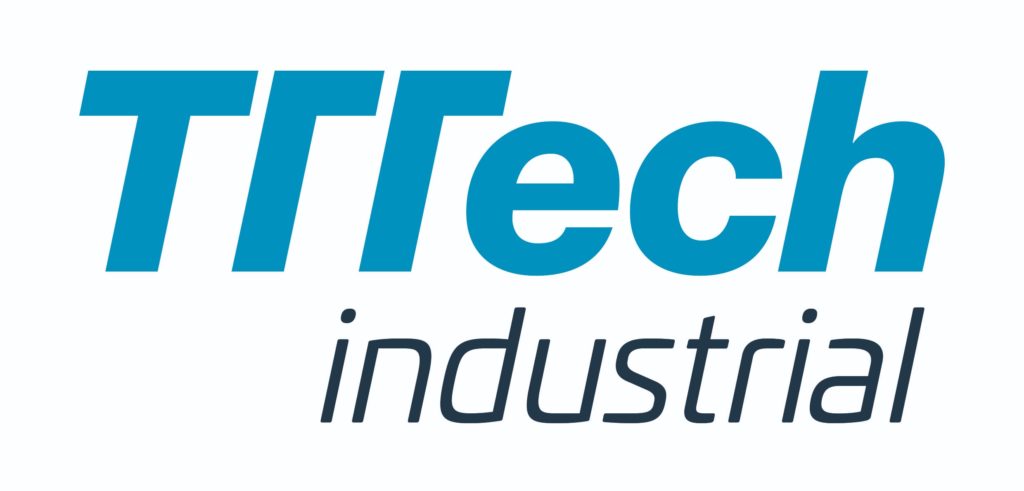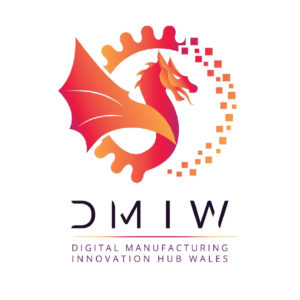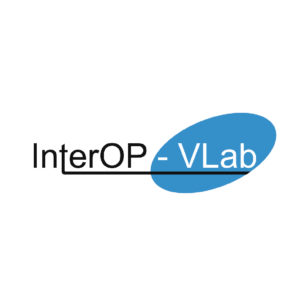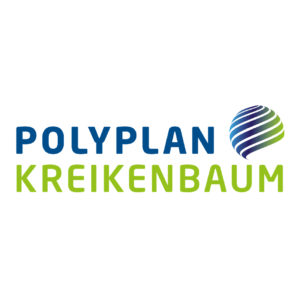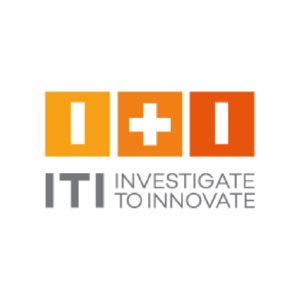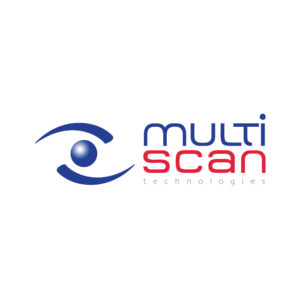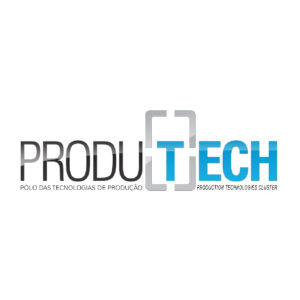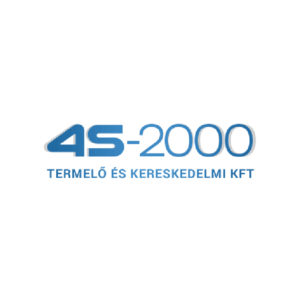CPS for enabling Cognitive Robotics and Business Process Automation between Retailers and their Suppliers
With higher demand for online shopping due to the Corona-Crisis, retailers and the supply chain actors have to even more efficiently cope with increasingly customized/individual products and ever shorter delivery times. The project aims at closing the gap between online based retailing with the underlying supply chain processes with the overall objective to reduce all non-value-adding processes.
| Partner | Role | Expertise |
|---|---|---|
| AI4BD | Technology provider | AI4BD will develop an innovative business-scenario to demonstrate the integration of cognitive ERP functionalities into the existing IT systems of retailers and suppliers – taking advantages of CPS-enabled interoperability. |
| SSF | DIH, end-user | SSF acts as an online retailer for made-to-order drones (3 base types with over 100 variants) that can be customized and ordered via an intuitive online platform. SSF operates also a realistic, full-fledged production and logistic setup with several real supplier companies. |
| TTTech | Technology provider | By delivering innovative products and solutions, TTTech Industrial aspires to unlock the incredible potential of industrial automation. They combine transformative technologies with hands-on experience in critical real-time systems to offer their customers flexibility, reliability and choice. |
The experiment will be implemented in the test and experimentation facility of SSF that already offers the required business environment: SSF acts as an online retailer for made-to-order drones (3 base types with over 100 variants) that can be customized and ordered via an intuitive online platform. SSF operates also a realistic, full-fledged production and logistic setup with several real supplier companies. As part of this experiment, the retailing platform will be extended by cognitive ERP functionalities that seamlessly integrate and automatically orchestrate all supply chain processes via CPS-connectors. In the experiment, the retailer as well as one OEM supplier (SSF) and at least three additional suppliers of the SSF-network will be integrated through CPS-connectors to the cognitive ERP system, which will run on the AWS cloud.
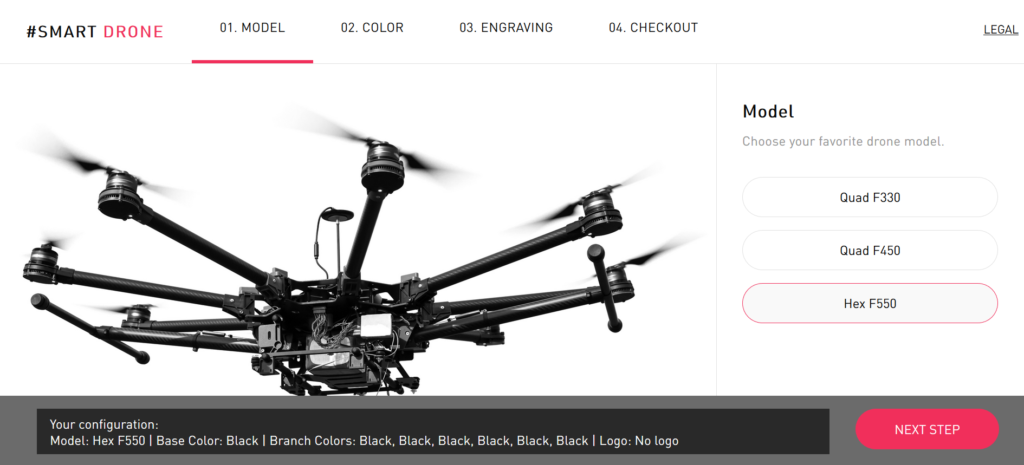
The cognitive ERP supports retailers by automatically planning and verifying the availability, price and delivery time for individually configured products (here: drones). Its user-interface is implemented as a chatbot that communicates to the retailer or even directly to the client. It takes into account real-time information of the suppliers and represents their inter-dependency in as dynamic rule-engine: from the OEM (e.g. manufacturing resources for special orders) to its suppliers (e.g. stock of special components).
The partner roles are highly complementary: AI4BD will develop an innovative business-scenario to demonstrate the integration of cognitive ERP functionalities into the existing IT systems of retailers and suppliers – taking advantages of CPS-enabled interoperability. The gained knowledge will help to transfer their cognitive robotics application into more SMEs. TTTech will set up an easy-to-implement retrofitting-scenario to establish the required level of interoperability to enable cognitive ERP functionalities. The gained knowledge will help TTTech to adapt its edge computing IoT platform into use cases relevant to SMEs, thus unleashing new market potentials. SSF as the first DIH registered in Switzerland will integrate the technologies from AI4DB and TTTech in its test and experimentation facility. Therefore, SSF operates a realistic, full-fledged retail and supply chain setup. SSF also represents a large industrial network with more than 50 partner companies, many of them SMEs, that will directly benefit from knowledge gained in the experiment.
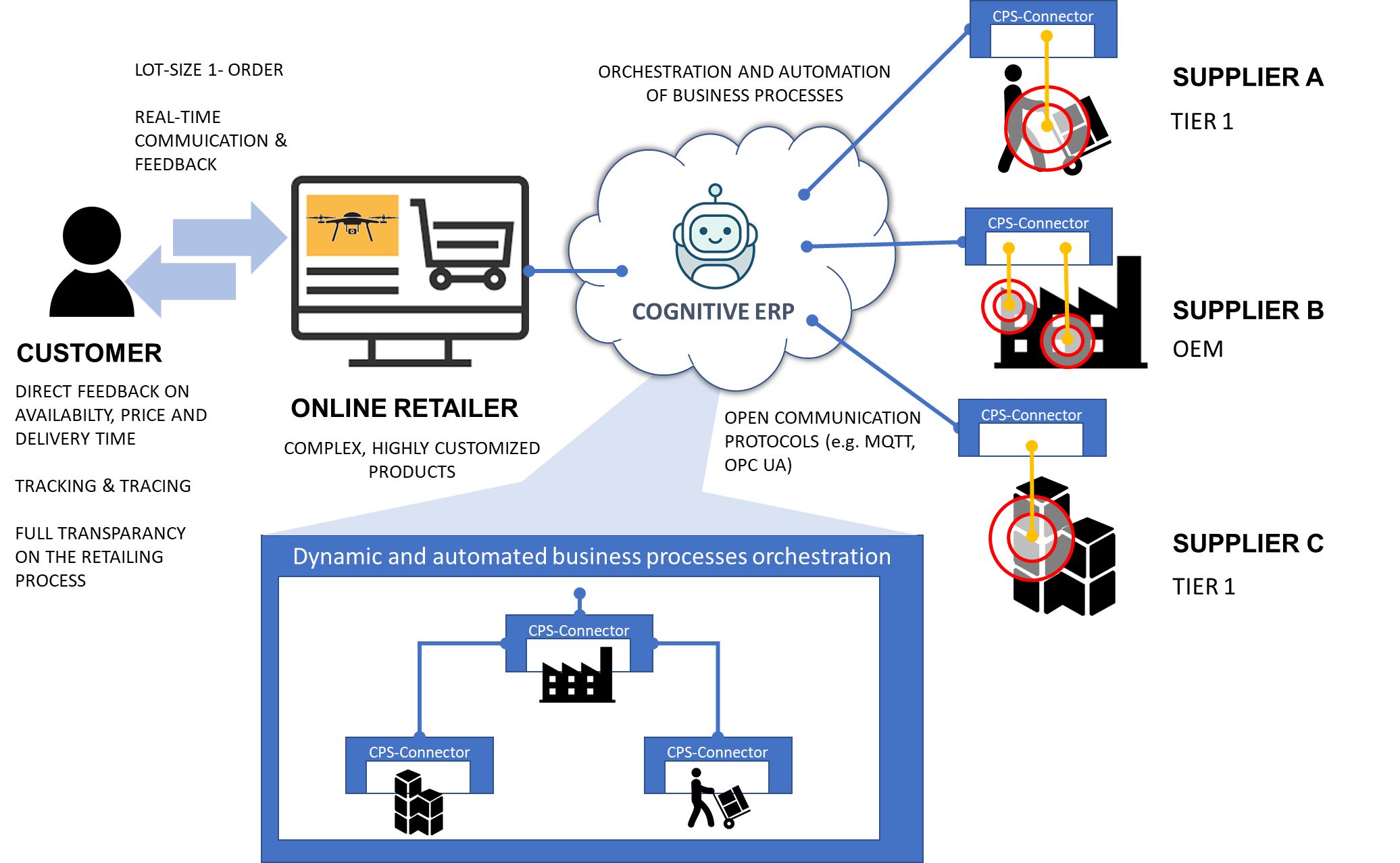
Business case
More people than ever are opting to online shopping due to the CoronaCrisis, ordering everything online, from entertainment items to groceries. While large retailing platforms (such as Amazon) could drastically increase their profits during the crises, smaller retailers have more difficulties to take advantage of this trend. In order to compete with large online platforms, SME retailers need to find niche markets and provide unique online-based services to their customers. Offering custom-made products can be a great competitive edge on the online market, but it requires to master the complexity of distributed supply chains.
Solution
To exploit the full potential of a custom-made retailing strategy, retailers and supply chain actors have to closely collaborate and seamlessly integrate their business processes. Current online platforms are (1) not seamlessly integrated to the real-world and (2) do not fully cover the complexity of the supply chain. The experiment addresses these shortcomings by (1) using CPS as real-world connectors and (2) introducing cognitive business robotics to cope with the complexity of supply chain optimization (Cognitive ERP).
Expected results and impact
The experiment will test and showcase opportunities for SME retailers and SME suppliers to closely interlink and automate their processes for the sake of customer satisfaction and reducing non-value-adding processes in-between SME retailers and SME suppliers:
- Reduce the planning time for a “lot size 1”- retailing order by 50%
- Reduce the time for information retrieval across the supply chain by 60%
- Reduce efforts to integrate different data sources of supply chain actors by 60% through using open, modular and interoperable technology platforms
- Increase the customer satisfaction by 20% through the custom-made offerings
- Increase the job satisfaction by 30% through the reduction of repetitive cognitive workload in the back office
- Increase the stability of supply chain processes by 30% through automated, closed loop planning and control
At the same time, the experiment contributes to new product features and services of the technology providers:
- AI4DB: Explore the possibilities of CPS-based data gathering to feed the cognitive ERP thereby testing new product features and application areas
TTTech will add and test data services as a new functionality to its edge platform to collect, store, analyse, visualize and provide data



